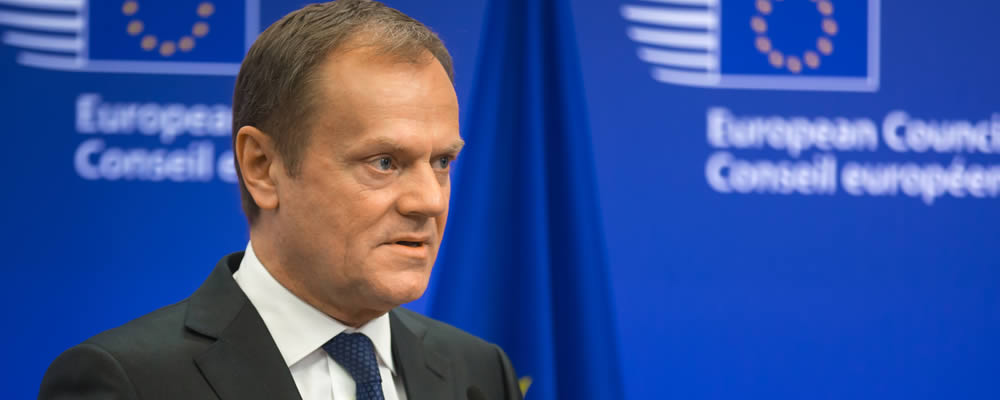Pound to Euro Exchange Rate Edge Higher on Hopes for Long Brexit Extension
Despite soft Brexit hopes bolstering demand for the Pound (GBP) in the middle of the week, the Pound Sterling to Euro (GBP/EUR) exchange rate tumbled yesterday and as a result is likely to end the week around a cent below its weekly best.
Since opening this week at the level of 1.1625, GBP/EUR has trended with an upside bias thanks to a combination of Brexit hopes and concerning Eurozone data.
In the middle of the week, GBP/EUR touched a high of 1.1754 – which was only quarter of a cent below March’s yearly best level.
However, since then Brexit uncertainties have re-emerged. While speculation for a longer Brexit delay supported GBP/ERU today, the pair still only trended near the level of 1.1650 today.
The Euro (EUR) more easily avoided losses at the end of the week, as the latest German industrial production data beat forecasts.
Pound (GBP) Exchange Rate Movement Limited despite UK Government’s Brexit Delay Request
For much of the past week, the Pound saw stronger demand due to market speculation that the UK could be moving towards a softer Brexit, despite a lack of a solid Brexit plan with just over a week until the current formal Brexit date of 12th April.
As Prime Minister Theresa May met with opposition Leader Jeremy Corbyn to find a solution to Brexit and Parliament continued its attempts to prevent a no-deal Brexit, the Pound climbed.
However, towards the end of the week uncertainties hit the Pound once again, as jitters that the Brexit date was next week with no agreed deal in place yet set in.
Markets are hoping that a Brexit delay can be agreed, but different stances on a Brexit delay from the UK and EU made investors anxious at the end of the week.
EU Council President Donald Tusk will reportedly push for the EU to offer Britain a flexible Brexit extension, but Prime Minister May has once again asked for an extension to the 30th of June – a request that was previously denied.
Euro (EUR) Exchange Rates Benefit from Signs of Strength in Eurozone Economy
Recent data and polling has slightly bolstered market hopes that the Eurozone economy will recover from its recent slowdown, but as European Central Bank (ECB) interest rate hike bets get pushed further back and downside risks persist, the Euro’s appeal is highly limited.
Demand for the Euro has been mixed over the past week, tumbling near the beginning of the week as concerns rose about the Eurozone’s contracting manufacturing sector.
However, some of the data published from Wednesday through Friday was a little more optimistic, and helped the Euro to avoid further losses.
The Eurozone’s March services PMI from Markit rebounded more strongly than expected, and despite disappointing German factory orders data in February, the nation’s February industrial production also rebounded more than expected.
This helped the Euro to keep some pressure on GBP/EUR at the end of the week and keep the pair closer to the week’s opening levels.
Pound to Euro (GBP/EUR) Exchange Rate Volatility Expected in Major Week for Brexit News
Analysts predict the Euro will rebound over the coming year, but most risks in the Euro outlook are perceived as being to the downside.
With Eurozone data coming in weak or mixed recently, the Euro may be in for further weakness if upcoming Eurozone data fails to impress as well.
Euro investors will be focused on data and Eurozone news again next week, with German trade due on Monday, the European Central Bank’s (ECB) April policy decision on Wednesday and German inflation on Thursday.
However, overall the Pound to Euro exchange rate is likely to be driven by anticipated major Brexit developments over the next week, in the final week before the EU’s current Brexit deadline of the 12th of April.
Investors expect the Brexit process will be delayed, but until a delay is confirmed the British currency may remain volatile as the possibility of a no-deal outcome next Friday remains.
If the Brexit process is delayed for an extended period of time – like a year – investors will be anxious that a general election could become more possible.
On the other hand, the Pound to Euro (GBP/EUR) exchange rate could see a surge in demand if the UK government is able to agree to a softer Brexit that is able to pass through Parliament.
